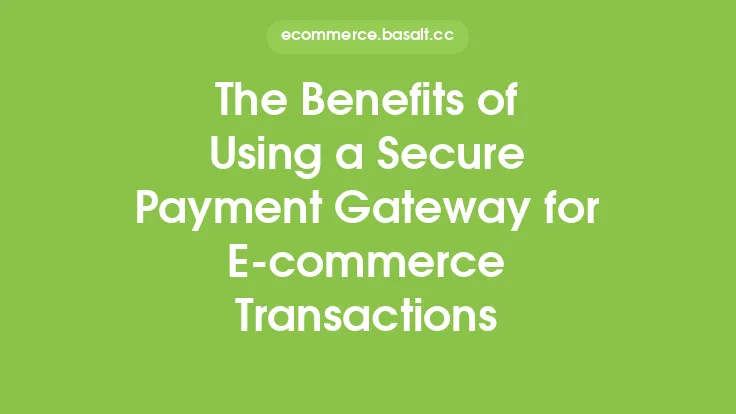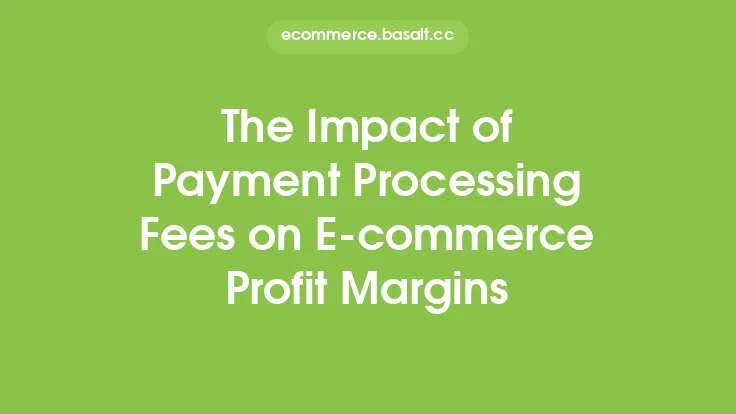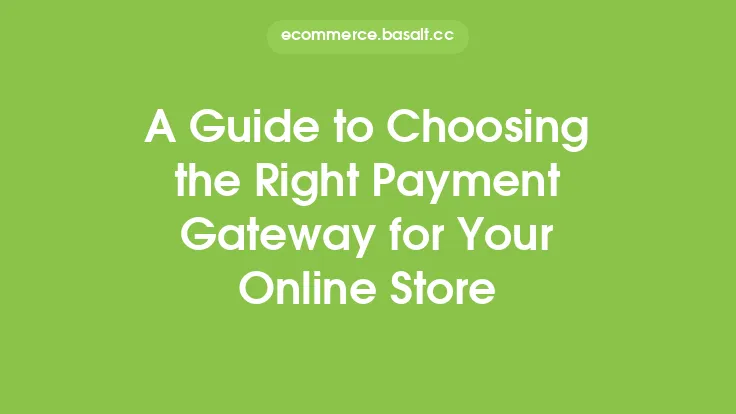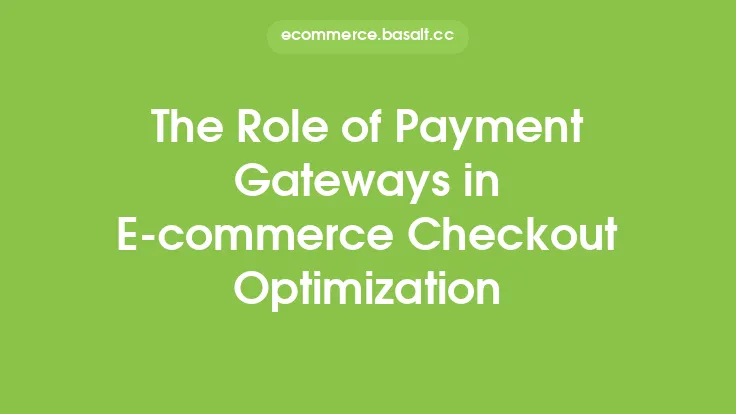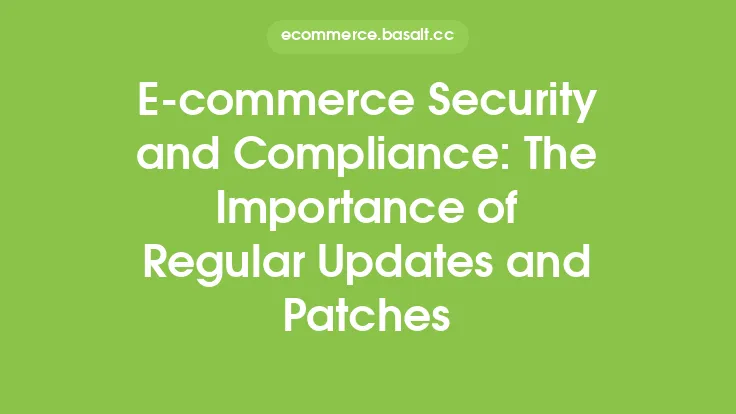In today's digital age, online stores have become an essential part of the retail landscape. With the rise of e-commerce, businesses are no longer limited by geographical boundaries, and customers can shop from anywhere in the world. However, this increased convenience also brings new challenges, particularly when it comes to secure payment processing. Online stores must prioritize secure payment processing to protect their customers' sensitive information and prevent financial losses.
What is Secure Payment Processing?
Secure payment processing refers to the use of technology and protocols to ensure that online transactions are safe and secure. This involves the use of encryption, tokenization, and other security measures to protect customers' credit card numbers, expiration dates, and other sensitive information. Secure payment processing is essential for online stores because it helps to prevent data breaches, reduce the risk of fraud, and protect customers' financial information.
Benefits of Secure Payment Processing
There are several benefits to secure payment processing, including:
- Increased customer trust: When customers feel that their financial information is secure, they are more likely to make purchases online.
- Reduced risk of data breaches: Secure payment processing helps to prevent data breaches, which can result in significant financial losses and damage to a business's reputation.
- Compliance with industry regulations: Secure payment processing helps online stores to comply with industry regulations, such as the Payment Card Industry Data Security Standard (PCI DSS).
- Reduced risk of fraud: Secure payment processing helps to prevent fraudulent transactions, which can result in significant financial losses.
Key Components of Secure Payment Processing
There are several key components of secure payment processing, including:
- Encryption: Encryption is the process of converting plaintext into unreadable ciphertext to protect sensitive information.
- Tokenization: Tokenization is the process of replacing sensitive information, such as credit card numbers, with tokens or surrogate values.
- Secure sockets layer/transport layer security (SSL/TLS): SSL/TLS is a protocol that provides end-to-end encryption for online transactions.
- Payment card industry data security standard (PCI DSS) compliance: PCI DSS is a set of industry regulations that require online stores to implement specific security measures to protect customers' financial information.
Best Practices for Implementing Secure Payment Processing
There are several best practices that online stores can follow to implement secure payment processing, including:
- Using a reputable payment processor: Online stores should use a reputable payment processor that has a proven track record of security and reliability.
- Implementing encryption and tokenization: Online stores should implement encryption and tokenization to protect customers' sensitive information.
- Regularly updating software and plugins: Online stores should regularly update their software and plugins to ensure that they have the latest security patches and updates.
- Monitoring transactions for suspicious activity: Online stores should monitor transactions for suspicious activity and implement measures to prevent fraudulent transactions.
Common Security Threats to Online Stores
There are several common security threats to online stores, including:
- Data breaches: Data breaches occur when sensitive information, such as credit card numbers, is stolen or compromised.
- Phishing attacks: Phishing attacks occur when hackers attempt to trick customers into revealing sensitive information, such as passwords or credit card numbers.
- Malware attacks: Malware attacks occur when hackers use malicious software to steal sensitive information or disrupt online transactions.
- Distributed denial-of-service (DDoS) attacks: DDoS attacks occur when hackers attempt to overwhelm an online store's servers with traffic, resulting in downtime and lost sales.
Conclusion
Secure payment processing is essential for online stores because it helps to protect customers' sensitive information and prevent financial losses. By implementing secure payment processing, online stores can increase customer trust, reduce the risk of data breaches, and comply with industry regulations. Online stores should follow best practices, such as using a reputable payment processor, implementing encryption and tokenization, and regularly updating software and plugins. By prioritizing secure payment processing, online stores can provide a safe and secure shopping experience for their customers and protect their business from financial losses.
